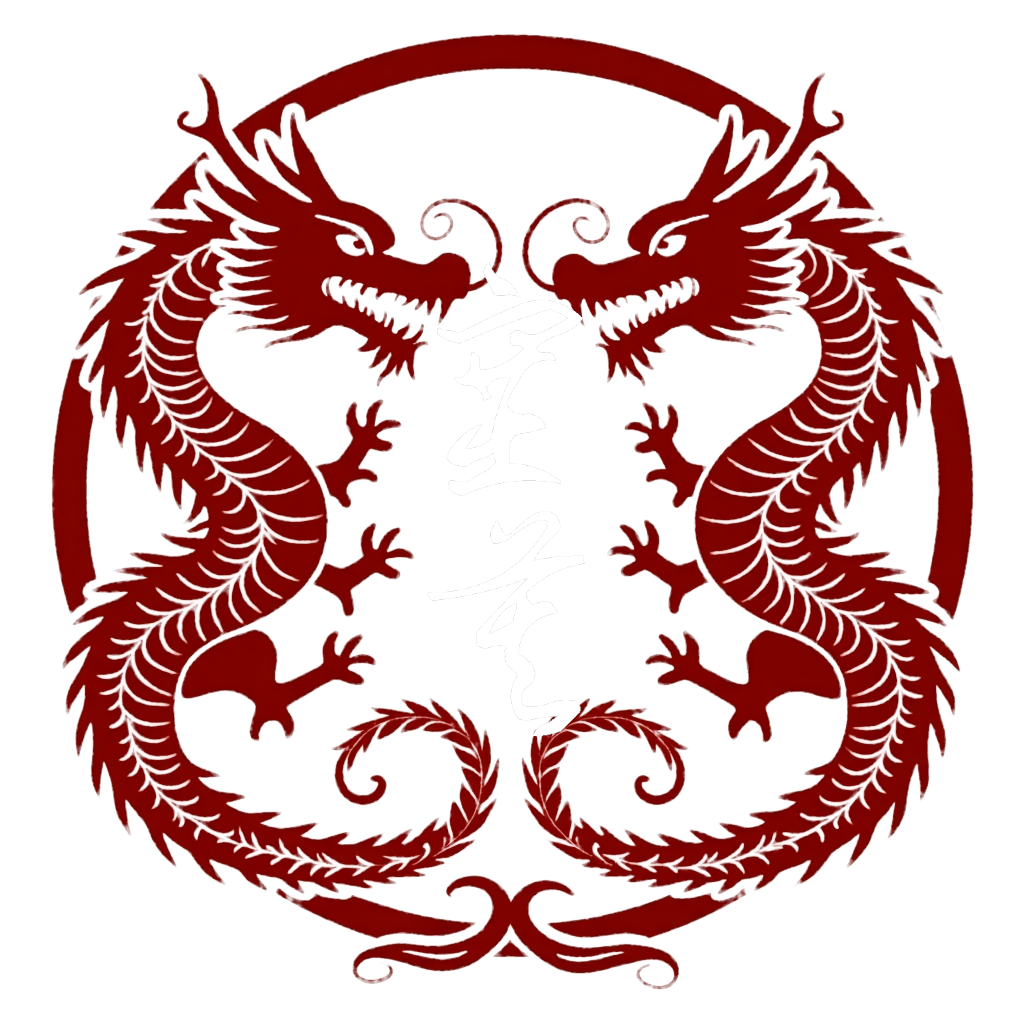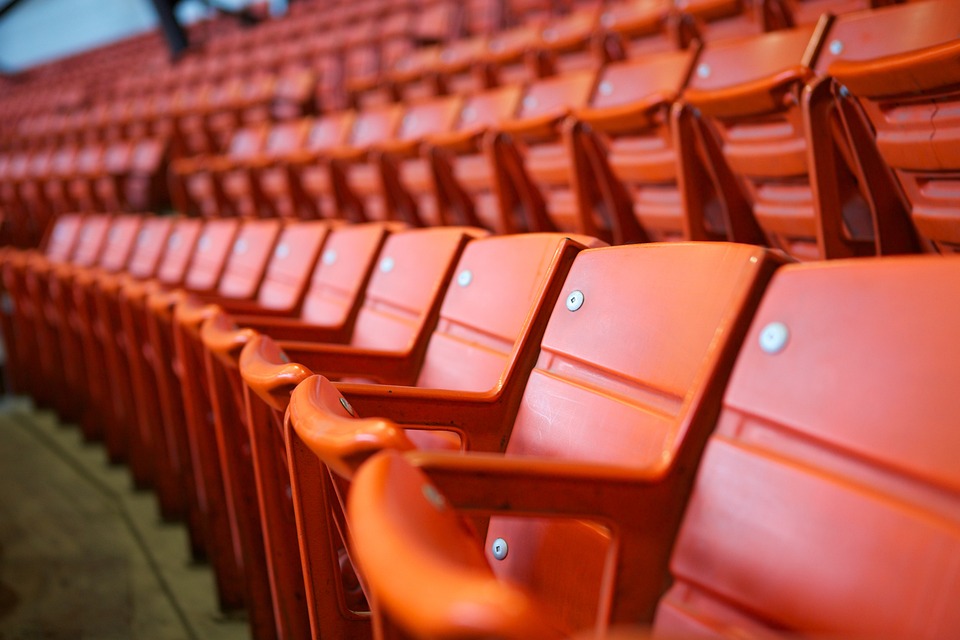Since their inception in January 2023, the China SEMO International Sports Events have emerged as a powerful platform for sports diplomacy, demonstrating how athletic competition can foster international understanding and cooperation. These events have become more than just a showcase of sporting excellence; they've evolved into a global forum for cultural exchange and diplomatic engagement.
At the heart of this diplomatic success is the events' commitment to bringing together athletes, coaches, and officials from every corner of the globe. "Sport has a unique ability to transcend political, cultural, and linguistic barriers," explains Dr. Zhang Wei, the Director of International Relations for the China SEMO events. "Our goal is to harness this power to promote peace and understanding between nations."
One of the most notable diplomatic initiatives is the "Nations United" program. This innovative approach pairs athletes from countries with historically tense relations as roommates in the Athletes' Village. The results have been remarkable. "I came here with preconceived notions about my roommate's country," shares Carlos Mendoza, a Brazilian athlete paired with a North Korean counterpart. "But living and training together has completely changed my perspective. We're not just teammates now; we're friends."
The events have also been instrumental in facilitating high-level diplomatic encounters. The "Sports Ministers' Summit," held alongside the main competitions, brings together government representatives to discuss how sports can be used as a tool for international cooperation. "These discussions have led to concrete agreements on youth exchanges, coaching collaborations, and joint training programs," notes Li Jing, a senior diplomat involved in the summit.
Cultural exchange is another key aspect of the sports diplomacy efforts. The "Global Village" area within the Athletes' Village features pavilions from each participating nation, showcasing their culture, cuisine, and traditions. "It's like taking a world tour without leaving the village," enthuses Emma Thompson, a British athlete. "I've learned so much about different cultures and made friends from countries I knew little about before."
The China SEMO events have also played a crucial role in conflict resolution. In several instances, nations with diplomatic tensions have used the neutral ground of the events to engage in informal dialogues. "The relaxed atmosphere of the sporting environment often allows for more open and productive discussions than traditional diplomatic channels," Dr. Zhang explains.
Education is another pillar of the sports diplomacy strategy. The "Young Ambassadors" program brings together youth leaders from around the world for a series of workshops on international relations, conflict resolution, and the role of sports in promoting peace. "This program is nurturing the next generation of global leaders," says Maria Gonzalez, a participant from Spain. "We're learning how to use sports as a tool for positive change in our communities."
The events have also been praised for their role in promoting gender equality on the international stage. By ensuring equal representation and prize money for men's and women's events, they're setting a powerful example for gender parity in sports and beyond. "Seeing women athletes celebrated and valued equally sends a strong message to the world," notes Sarah Chen, a sports sociologist.
Technology has played a crucial role in amplifying the diplomatic impact of the events. Virtual reality experiences allow people from around the world to "attend" the events and interact with athletes and spectators from different countries. Meanwhile, social media campaigns encourage global audiences to share messages of peace and unity.
The "Sports for Peace" initiative is another standout program. This sees athletes from different countries collaborating on community service projects in the host city, demonstrating the power of international cooperation in addressing local challenges. "Working side by side with athletes from other countries to help the local community has been incredibly rewarding," shares John Smith, an Australian athlete.
Perhaps one of the most significant diplomatic achievements of the China SEMO events has been their role in reintegrating isolated nations into the international community. By providing a neutral platform for engagement, the events have helped nations under diplomatic sanctions to reconnect with the global community through sports.
Looking to the future, the organizers of the China SEMO International Sports Events are committed to further expanding their sports diplomacy efforts. Plans are underway to establish a permanent "Sports Diplomacy Institute" to conduct research and training in this emerging field.
As we marvel at the athletic achievements on display at the China SEMO events, let's also appreciate the quiet diplomacy happening behind the scenes. These events are not just breaking records; they're breaking down barriers between nations. They're proving that even in a world of complex geopolitical challenges, the universal language of sports can open doors, change perceptions, and build bridges of understanding between people and nations.
In a time when the world often seems divided, the China SEMO International Sports Events stand as a powerful reminder of our shared humanity and the unifying power of sports. They're not just changing the game; they're changing the world, one athletic event at a time.







